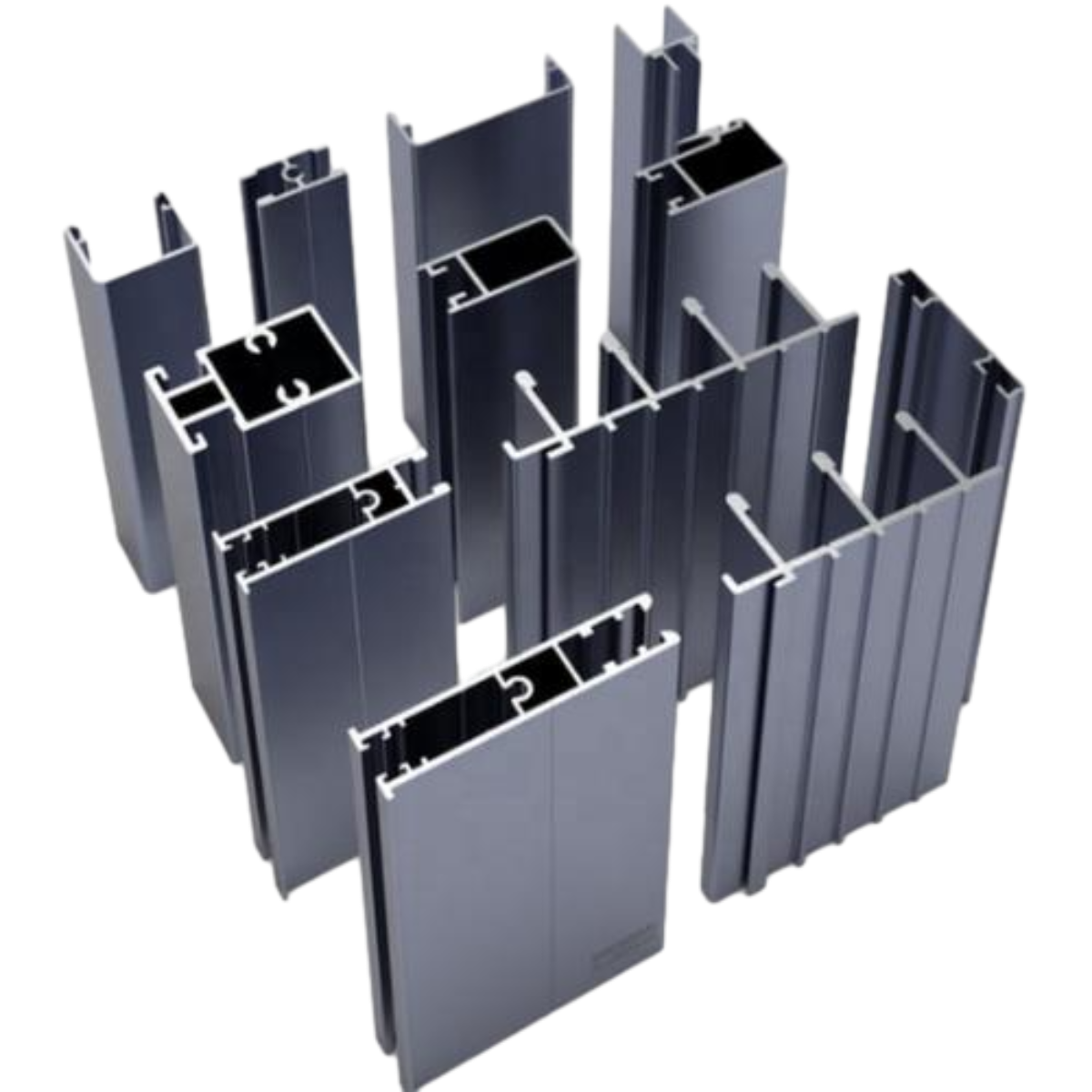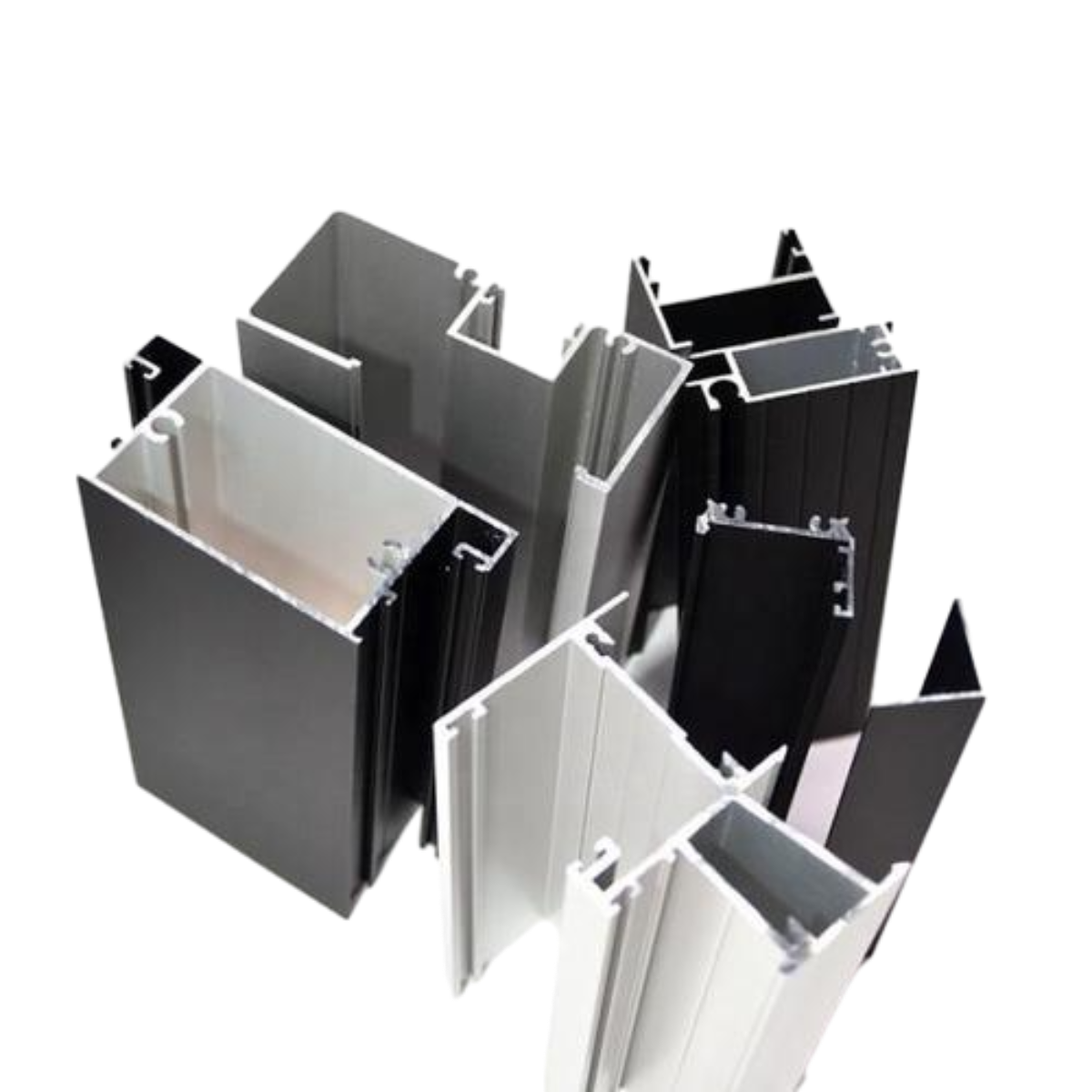Exploring the Essential Properties and Characteristics of Iron for Various Applications and Uses
The Qualities of Iron A Multifaceted Metal
Iron, a fundamental element of our world, is much more than just a metal; it is a symbol of strength, resilience, and versatility. Known scientifically as Fe, iron has played a pivotal role in the development of human civilization for thousands of years. This article delves into the various qualities of iron that make it indispensable in multiple applications, from construction to manufacturing.
Strength and Durability
One of the most notable qualities of iron is its incredible strength. Iron has a high tensile strength, making it suitable for heavy-duty applications. In construction, reinforced concrete and steel structures rely heavily on iron’s ability to withstand immense weight and pressure. Buildings, bridges, and various infrastructures are often designed with steel beams, which are essentially alloys of iron. This characteristic not only ensures the safety and stability of these structures but also contributes to their longevity and sustainability.
Moreover, iron's endurance against wear and tear makes it a preferred material in manufacturing tools and machinery. The resilience of iron allows it to withstand mechanical stresses over time, making it essential in industries such as automotive and aerospace, where reliability is paramount.
Magnetic Properties
Another fascinating quality of iron is its magnetic property. Iron is ferromagnetic, which means it can be magnetized and is attracted to magnets. This unique feature is exploited in various applications, including the production of magnets, electrical transformers, and magnetic storage. The ability to conduct electricity combined with its magnetic characteristics proves invaluable in the fields of electronics and telecommunications, where iron is often used in the core materials of inductors and transformers.
Corrosion Resistance
iron qualities

While raw iron is susceptible to rust when exposed to moisture and air, modern techniques have provided solutions to this issue. The development of various iron alloys, such as stainless steel, has improved resistance to corrosion significantly. Stainless steel, containing chromium, forms a protective layer that prevents the underlying iron from oxidizing. This quality makes it ideal for environments that require hygiene and durability, such as in kitchens, medical equipment, and outdoor structures.
Ductility and Malleability
Iron can also be easily molded into various shapes, thanks to its ductility and malleability. Ductility refers to the ability of a material to stretch and deform under tensile stress, while malleability describes how easily it can be flattened into sheets. These qualities allow iron to be cast, forged, or rolled into intricate designs and products, from simple nails to complex machinery parts. This versatility is one of the reasons why iron remains a staple in various manufacturing processes.
Environmental Impact and Recycling
In the modern era, the importance of sustainability cannot be overstated, and iron holds a significant advantage in this realm. Iron is one of the most recycled materials in the world. The recycling process not only conserves natural resources but also reduces energy consumption significantly compared to producing new iron from ore. The recycling of iron helps minimize the environmental impact, making it a more sustainable choice for industries aiming for eco-friendliness.
Conclusion
Iron is more than just a metal; it embodies an array of qualities that are vital for various sectors. Its strength and durability, magnetic properties, resistance to corrosion, ductility, and recyclability make iron indispensable in modern civilization. As we continue to innovate and seek sustainable practices, the qualities of iron will undoubtedly play a crucial role in shaping a resilient and sustainable future. As we look at the vast applications of iron, we only scratch the surface of this remarkable metal's potential, proving that it truly deserves its place at the core of industrial advancement.
-
Why Choose Cast Iron for Your Next Project?NewsApr.27,2025
-
Timeless Charm of Cast Iron Decorative ElementsNewsApr.27,2025
-
Wholesale Cast Iron Products: A Growing Trend in Home and Garden DécorNewsApr.27,2025
-
The Advantages of Using Ornamental Cast Iron Parts in Your Design ProjectsNewsApr.27,2025
-
Why Ornamental Iron Castings Are Essential for Timeless DesignNewsApr.27,2025
-
The Elegance and Durability of Ornamental Cast Iron PanelsNewsApr.27,2025















